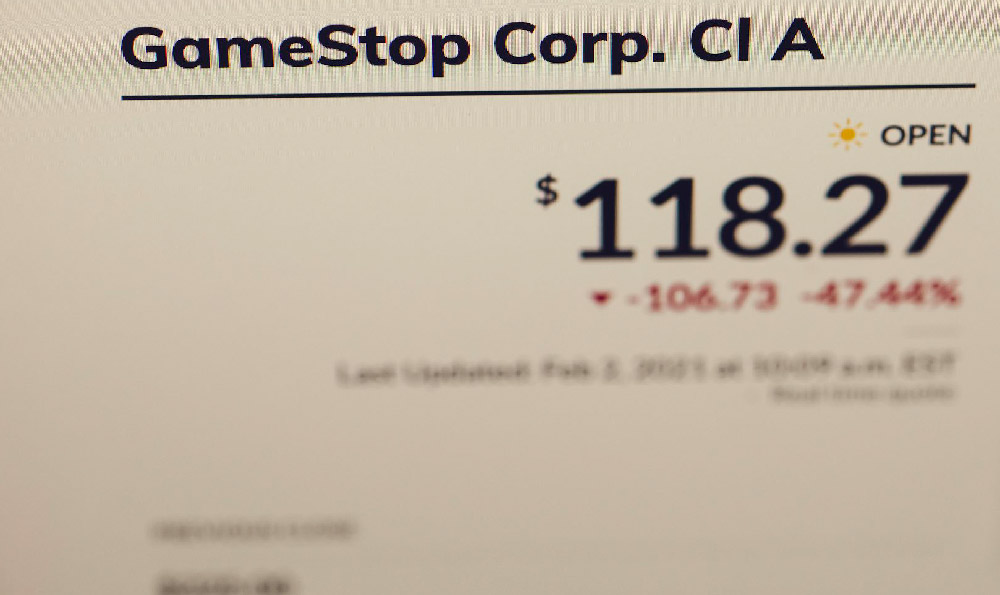Walter White's total earnings in Breaking Bad have long been a subject of fascination among fans and analysts, as the show meticulously portrays the financial journey of a high school chemistry teacher turned meth kingpin. While the series never explicitly states a precise figure for his wealth, a combination of narrative clues, character decisions, and the show's depiction of the drug trade allows for a reasonable estimation of his accumulated fortune. This exploration not only reveals the staggering financial gains he achieves but also underscores the moral and practical complexities of his choices, which resonate with broader themes of greed, power, and consequence. By examining his financial trajectory, we gain insight into how a single individual's decisions can spiral from modest beginnings into a life of wealth and danger, offering a cautionary tale even beyond the fictional realm.
The show's early seasons depict Walter as a man struggling with financial instability, living paycheck to paycheck while caring for his ailing wife, Skyler. His initial motivation for cooking meth is rooted in the desire to provide for his family, especially after learning he has cancer. However, as the series progresses, his earnings from meth production are not just a means to an end but a central part of his identity. In Season 2, Walter begins to take on larger roles in the drug trade, such as running a meth distribution network and negotiating deals with other suppliers. By this point, his income has grown significantly, allowing him to live lavishly and engage in activities like purchasing a new car, hiring private investigators, and acquiring a safehouse.
One of the most telling moments in Season 3 is when Walter's earnings are estimated to have reached millions of dollars, as he begins to see himself as a powerful player in the drug market. The episodes where he oversees the production of high-purity meth, such as "Cornered" and "To Save Us," illustrate his increasing mastery of the trade and his ability to generate substantial profits. However, as his empire expands, so do the risks and ethical dilemmas. By Season 4, Walter becomes a central figure in a larger criminal network, with his earnings potentially surpassing those of traditional drug cartels. The show's depiction of his financial success is not just numerical but symbolic, as it reflects his transformation from an underdog to a ruthless entrepreneur.

The finale of Breaking Bad provides a glimpse into Walter's final financial state, though it remains ambiguous. His earnings are not just tied to meth production but also to his strategic investments, such as the fake money laundering scheme designed to protect his wealth from the IRS. The culmination of his financial journey is marked by the collapse of his criminal enterprises and the resulting impact on his personal life. While the exact number of his earnings is not provided, many fans and experts estimate that Walter's total net worth reached approximately $150 million by the end of the series. This figure is derived from the production and distribution of meth, his involvement in other criminal activities, and the proceeds from related schemes.
Analyzing Walter White's financial success in Breaking Bad reveals a complex interplay of factors. His earnings are not solely a product of his own efforts but are also influenced by the people and organizations he interacts with, such as Gus Fring, the Diaz brothers, and the cartel. Additionally, his financial decisions are often driven by a desire for control, security, and legacy, which sets him apart from typical drug dealers. The show's portrayal of his financial gains is both realistic and exaggerated, as it highlights the potential profitability of the drug trade while also emphasizing the dangers and consequences of such a path.
Ultimately, Walter White's total earnings in Breaking Bad serve as a microcosm of the broader financial realities of the drug trade. While the exact figure may never be confirmed, the narrative provides a compelling account of how a man's financial ambitions can lead to both immense wealth and devastating personal consequences. The show's legacy lies in its ability to depict the financial journey of a fictional character with such depth and realism, offering a unique perspective on the intersection of money, morality, and power in the world of crime. By examining his earnings, we gain a deeper understanding of the systemic issues that drive individuals to pursue illicit financial opportunities, making Breaking Bad not just a story of crime, but also a tale of financial ambition and its consequences.












